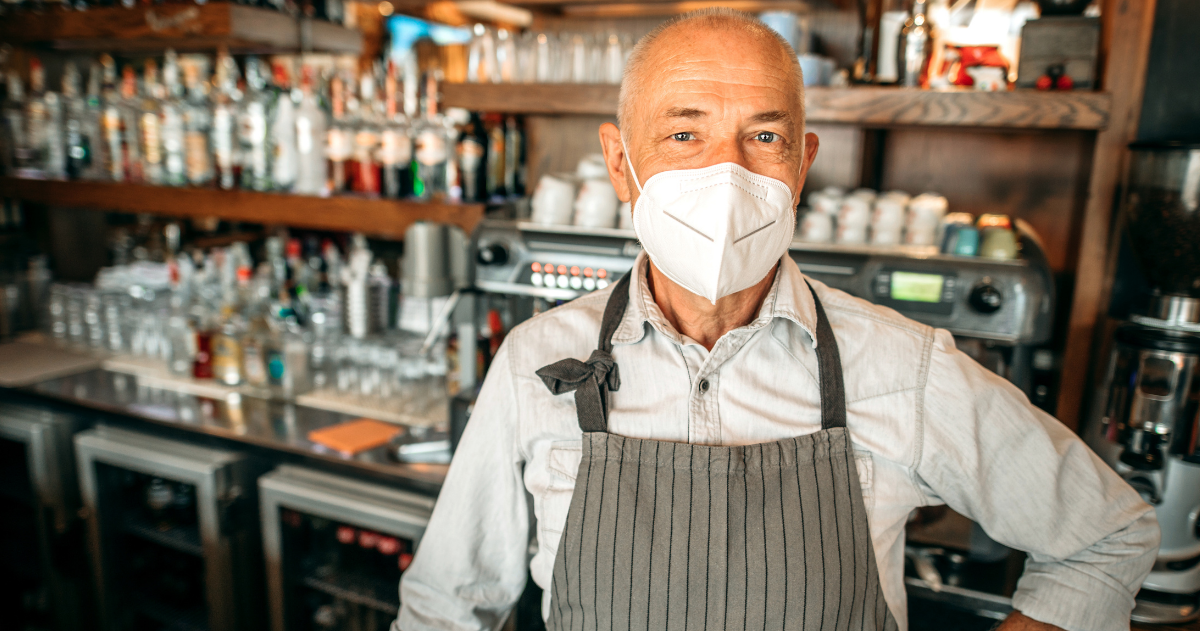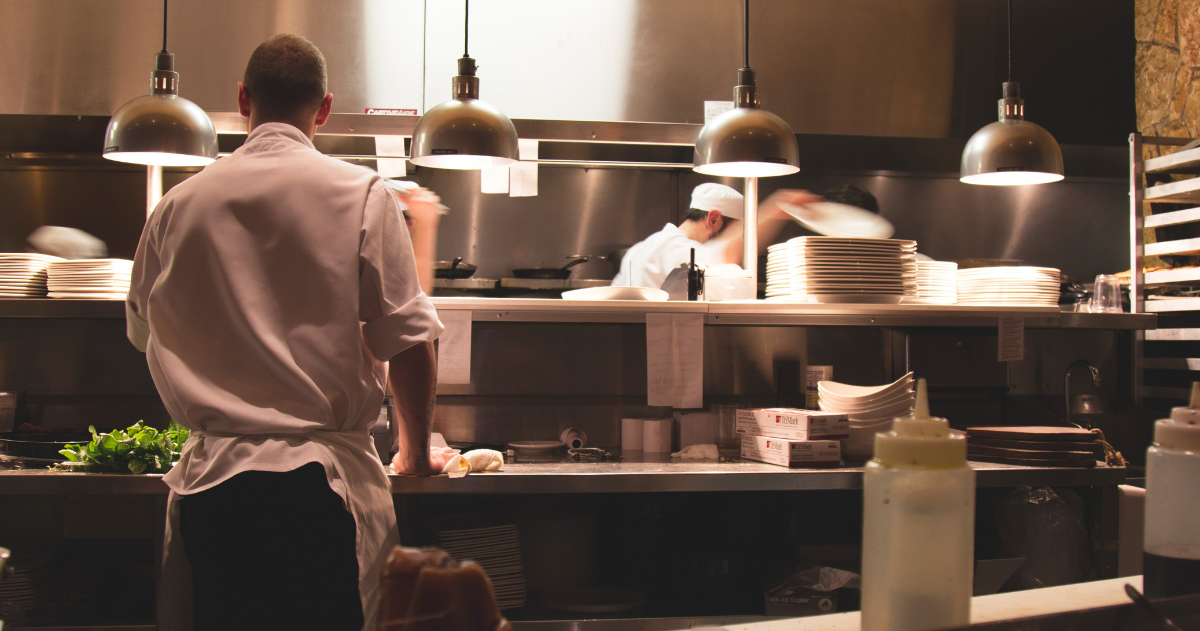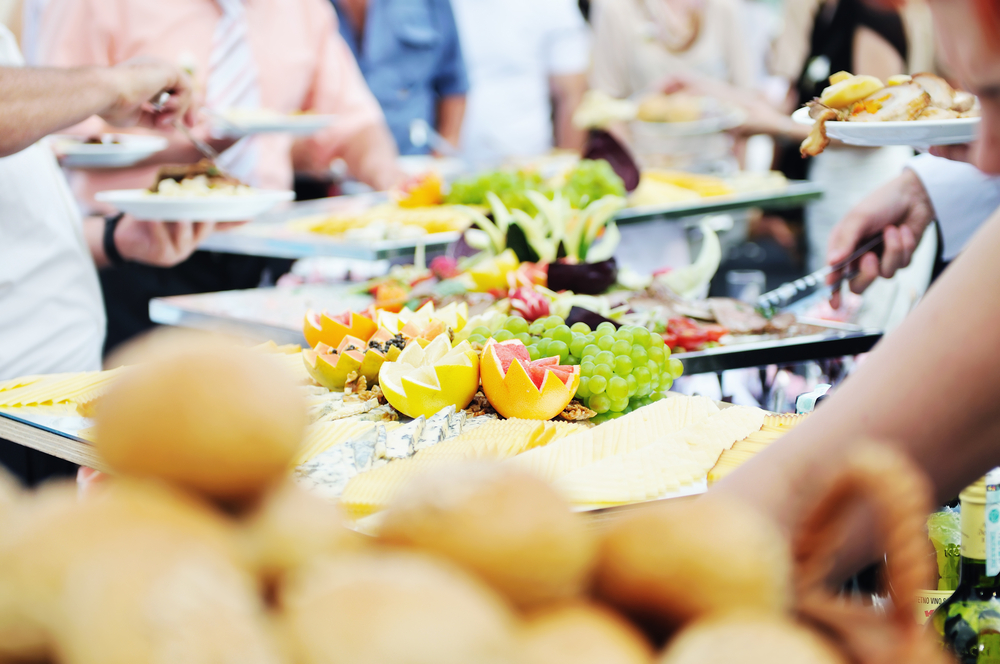The “new normal” is something you’ve probably heard bandied about more than you can count. From our work lives to our social lives, every aspect of what we once thought of as day-to-day life has changed since the emergence of the COVID-19 pandemic, and there’s no end in sight. While this same thing can be said for every industry, it’s especially true for the restaurant industry. The idea of upholding social distancing protocols has changed everything for restaurants, who for the time being have been forced to serve customers outside of their usual facilities, offer their services via delivery, or drastically reduce the number of customers allowed inside.






.png)



